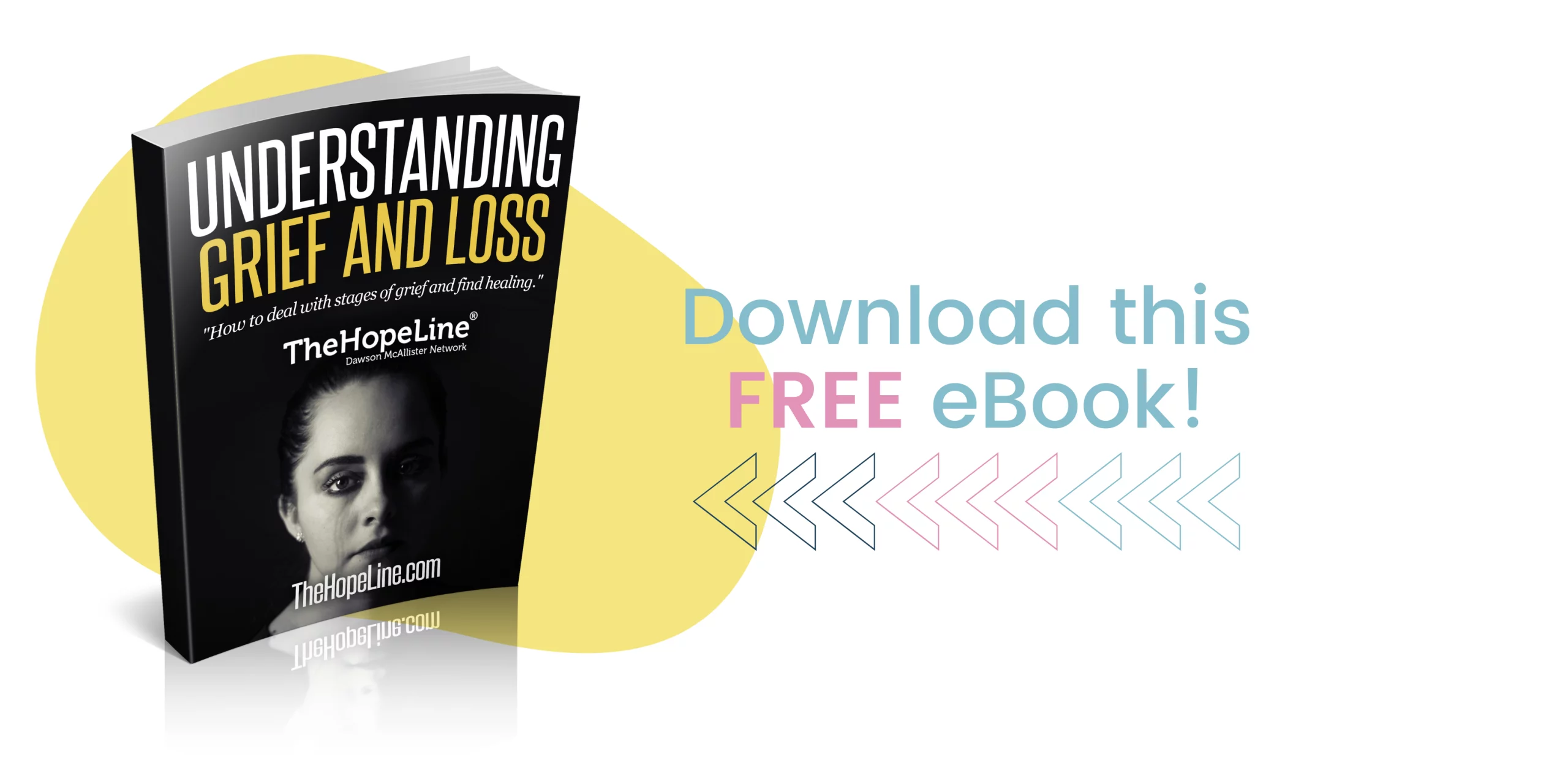I know the pain of losing a loved one or going through a traumatic, sudden loss like being fired or ending a relationship. All these things lead to grief.
And grief gets so intense sometimes, we just want it to stop. We start to wonder when and if grief ever goes away so things can get back to normal.
And here’s the tough part: most grief is grief because we know our lives will never be the same after experiencing this loss. In some ways, grief won’t go away entirely. After all, we’ve lost someone or something we can’t get back.
But healing from grief is possible, and you can still have a full, happy life that includes grief and loss.
Understanding How Grief Changes
A big part of coming to terms with grief is understanding how grief changes and recognizing when those changes come.
Everyone grieves differently. How your grief changes over time depends on things like:
- The nature of your loss
- How sudden or unexpected the loss was
- What your relationship with the person you lost was like
In general, the intense feelings of grief (crying spells, appetite loss, sleeplessness, and other ways grief affects your health), diminish over time. But grief is not a single story with one beginning, one middle, and one end.
Psychologist Collin Parkes says this about grieving: “As time passes the intensity and frequency of the pangs of grief tend to diminish, although they often return with renewed intensity at anniversaries and other occasions which bring the dead person strongly to mind. Consequently, the phases of grief should not be regarded as a rigid sequence that is passed through only once.”
You will go through phases of grief repeatedly. Knowing you can expect feelings to change but come back in different ways can help you find meaning and understanding when grief resurfaces.
Getting More Comfortable with Grief
Something that really helped me to deal with grief was understanding that it wasn’t something to be afraid or ashamed of. Grief is a sign of love and connection, so carrying grief is healthy and normal.
Becoming more comfortable with grief as an expression of love, rather than something to be “gotten over” may be a helpful step toward healing.
Centering myself emotionally and spiritually was important to finding acceptance. It helped me to know that God understands grief. He cares about me when I’m grieving, and He will never rush me into the next phase. Prayer, meditation, or connecting with a faith community where you feel safe can all be great sources of support as your grief changes.
Talking About Grief Over Time
People expect you to talk about your grief after the memorial service or in the weeks following your breakup or layoff. But it’s important for you to have people to talk to about grief well after the event passes.
Having ongoing conversations about how grief is affecting you helps to process your feelings and find greater peace. It can help to talk to people when:
- Birthdays or other important anniversaries happen
- When you see something that reminds you of the person you lost
- When a story or happy memory comes to mind
- When you are wondering what to do to move forward while still remembering your loved one
If you’re not sure who to talk to, reaching out to a HopeCoach can help. TheHopeLine offers grief support and resources to anyone struggling with grief. We are here for you and will support your healing however we can.
For more here are some healthy ways to experience and process grief that I hope will help you along the path to healing.
We also have a partner, GriefShare, who is a caring support group of people who will walk alongside you through one of life's most difficult experiences.



